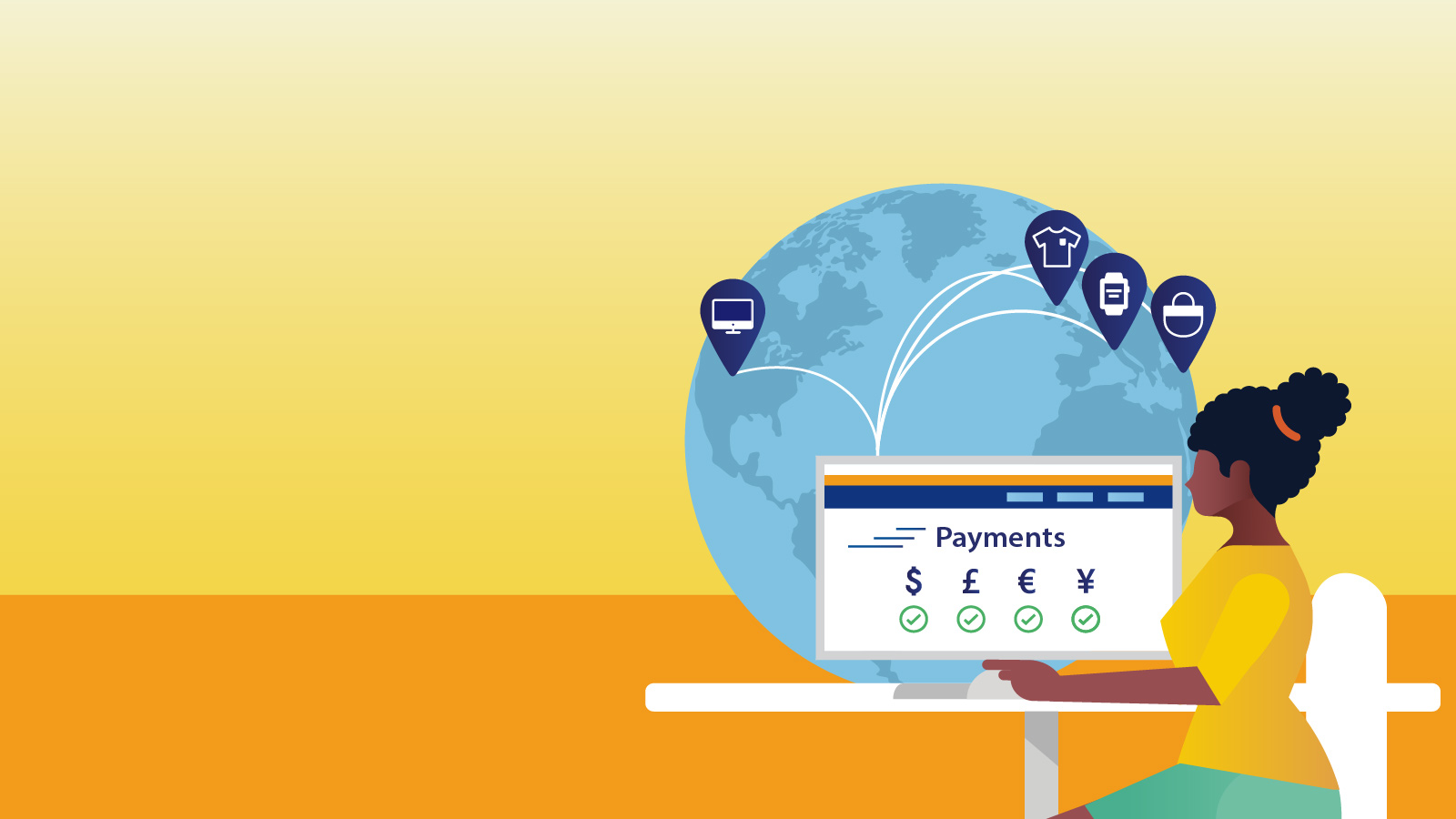Welcome to Sika. Technologies
Why Cross-Border Payments are the Key to Africa’s Economic Growth

Why Cross-Border Payments are the Key to Africa’s Economic Growth
Africa’s economic potential is immense, but one of the biggest barriers to its growth is inefficient cross-border payments. With 54 countries, multiple currencies, and fragmented financial infrastructures, making payments across the continent remains costly and slow. Neobanks, fintech startups, and regional payment systems are now revolutionizing cross-border transactions, positioning them as a critical driver of economic growth in Africa.
The Challenges of Cross-Border Payments in Africa
Despite rapid technological advancements, cross-border payments in Africa still face significant hurdles:
- High Transaction Costs
Traditional banking channels and remittance services charge exorbitant fees, with cross-border transactions often costing up to 10% of the transfer amount. - Slow and Inefficient Processing
Many payments take days to process due to reliance on intermediaries and outdated banking infrastructure. - Currency Exchange Complexities
Africa’s diverse currencies create challenges in conversion, leading to additional costs and delays. - Regulatory Fragmentation
Varying financial regulations across countries make it difficult for businesses and individuals to send and receive money seamlessly.
How Cross-Border Payments Drive Economic Growth
Efficient cross-border payments are not just about convenience—they are essential for Africa’s economic transformation. Here’s why:
- Boosting Intra-Africa Trade
The African Continental Free Trade Area (AfCFTA) aims to create a single market, but its success hinges on seamless cross-border payments to facilitate transactions between businesses across the continent. - Supporting SMEs and Entrepreneurs
Small and medium-sized enterprises (SMEs) account for 80% of employment in Africa. Faster and cheaper cross-border payments enable them to expand operations, pay suppliers, and access new markets. - Driving Financial Inclusion
Millions of Africans remain unbanked, relying on cash transactions. Digital cross-border payment solutions can bring more people into the formal financial system, promoting economic stability and growth. - Enhancing Remittances and Diaspora Contributions
Remittances from Africans living abroad are a major source of income for families and businesses. Lower fees and faster transfers ensure that more money reaches recipients, boosting local economies.
The Role of Fintech and Digital Solutions
Neobanks and fintech innovators are stepping in to address these challenges with technology-driven solutions:
- Blockchain and Digital Currencies: Cryptocurrencies and stablecoins offer faster, low-cost alternatives for cross-border payments, bypassing traditional banking bottlenecks.
- Regional Payment Systems: Initiatives like the Pan-African Payment and Settlement System (PAPSS) are designed to streamline payments across African borders.
- API-Driven Banking: Fintech companies are leveraging APIs to integrate banking services, making transactions between different financial institutions seamless and efficient.
What’s Next?
For Africa to fully capitalize on the benefits of cross-border payments, the following steps are crucial:
- Stronger Regulatory Cooperation: Governments and regulators must work together to harmonize policies and support digital financial innovation.
- Investment in Infrastructure: Improved digital banking and payment systems will enhance transaction efficiency.
- Adoption of Digital Payment Platforms: Businesses and individuals must embrace fintech solutions to drive adoption and usage.
Cross-border payments are not just a financial challenge; they are a key enabler of Africa’s economic growth. As digital solutions continue to advance, the continent is on the brink of a financial revolution that will unlock new trade opportunities, empower businesses, and drive economic prosperity.
